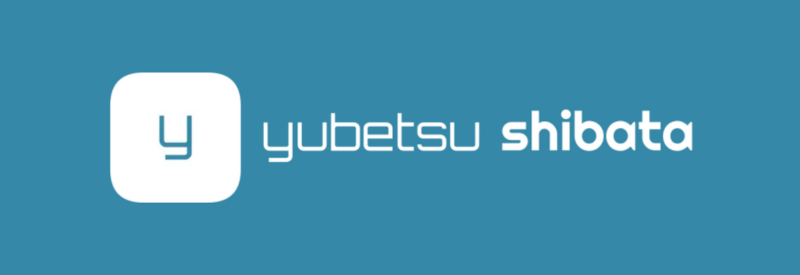About the Journal
Education Insights (EI) is a premier international, peer-reviewed, open-access journal dedicated to publishing pioneering research across the full spectrum of educational science. We serve as a vital bridge between educational theory, policy, and classroom practice.
Our mission is to foster a global dialogue among researchers, educators, and policymakers. By disseminating high-quality empirical research, comprehensive reviews, and insightful theoretical analyses, EI aims to address complex educational challenges and promote equitable, sustainable, and innovative learning environments worldwide.
Education Insights (EI) welcomes submissions from all educational domains. To ensure a comprehensive coverage, we organize topics into four key thematic areas:
- Curriculum & Instruction: Design, implementation, and teaching methodologies.
- Educational Psychology: Cognitive, emotional, and social development across the lifespan.
- Assessment & Evaluation: Measurement strategies, testing, and educational outcomes.
- Early Childhood Education: Developmental milestones and early learning practices.
- Digital Education: AI in education, e-learning, and blended learning environments.
- STEM Education: Interdisciplinary approaches in Science, Technology, Engineering, and Math.
- Distance Learning: Online pedagogy, remote education challenges, and virtual classrooms.
- Inclusive & Special Education: Supporting students with disabilities and diverse needs.
- Social Justice & Equity: Access, diversity, and representation in educational contexts.
- Policy & Leadership: Educational administration, reform, and comparative international studies.
- Sociology of Education: Social implications, history, and philosophy of education.
- Teacher Education: Pre-service training, mentorship, and professional development.
- Higher Education: University governance, student success, and institutional development.
- Vocational & Lifelong Learning: Adult education, skills training, and continuous learning.
- Language & Arts: Literacy, multilingual education, and humanities.
- Open Access: EI publishes articles under the Creative Commons Attribution (CC BY 4.0) license. Authors retain copyright.
- Publication Ethics: We adhere to the COPE (Committee on Publication Ethics) guidelines. Plagiarism, data fabrication, and duplicate submission are strictly prohibited.
- Submission: Manuscripts must be submitted via our Online Submission System. Please review the Author Guidelines before submission.
EI is committed to the permanent preservation of scholarship. We are actively working towards inclusion in major databases such as Scopus, ERIC, and Web of Science (WoS) to ensure maximum visibility for our authors.
For inquiries regarding special issues or submissions:
Email: publication@soapubs.com
Address: Bridge Street, HR5 3DJ, Kington, United Kingdom












